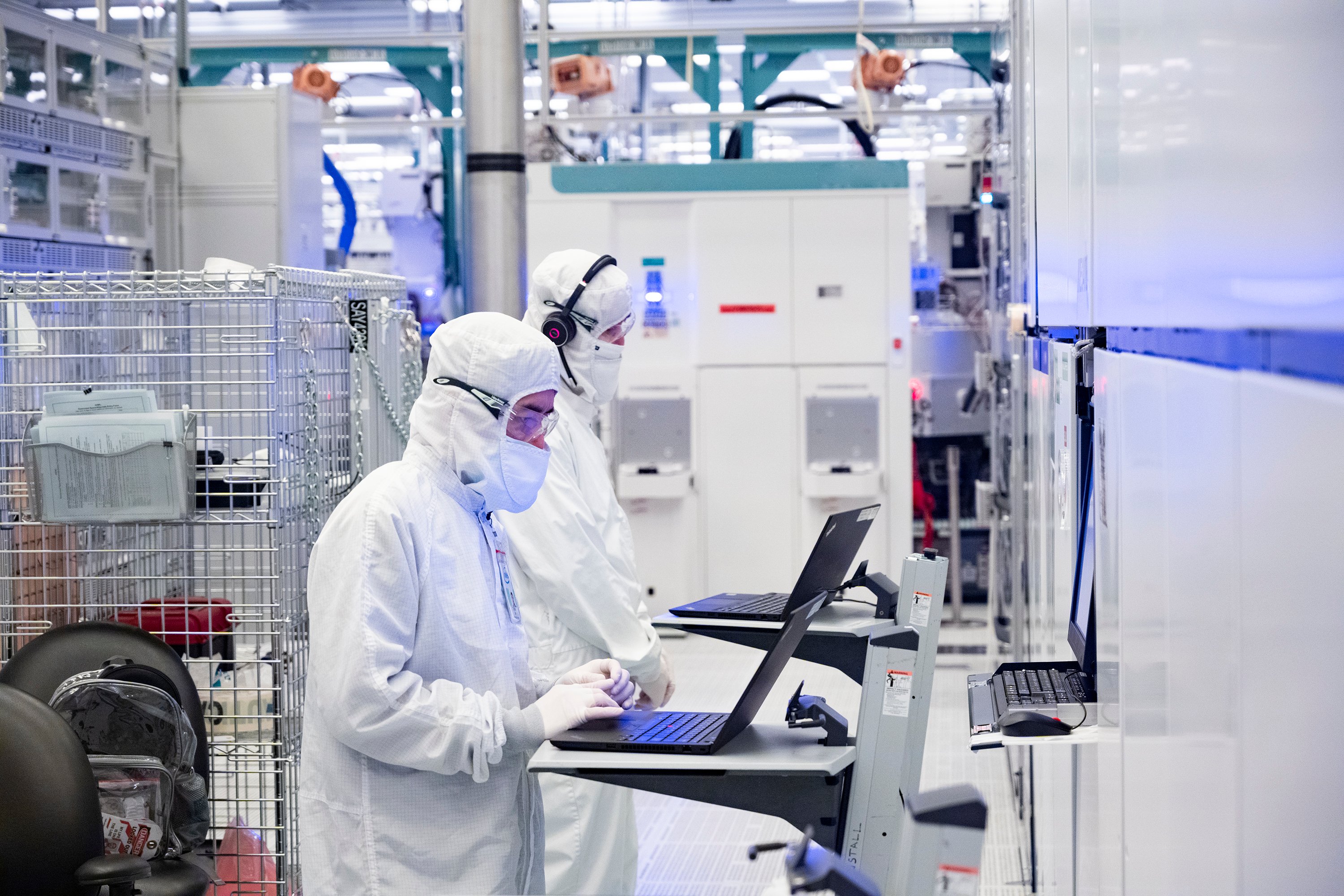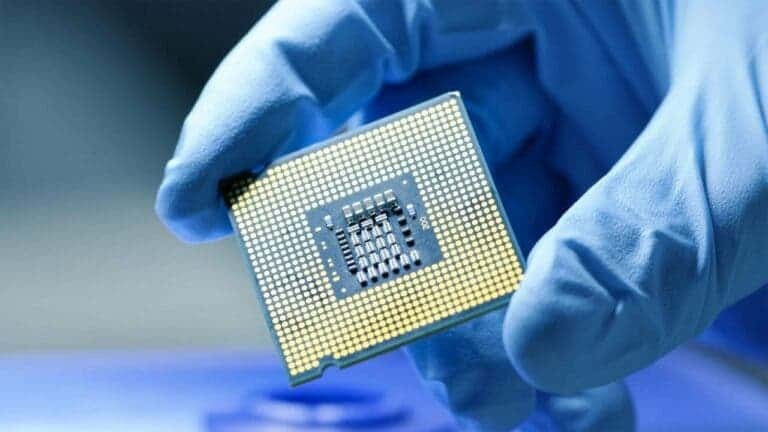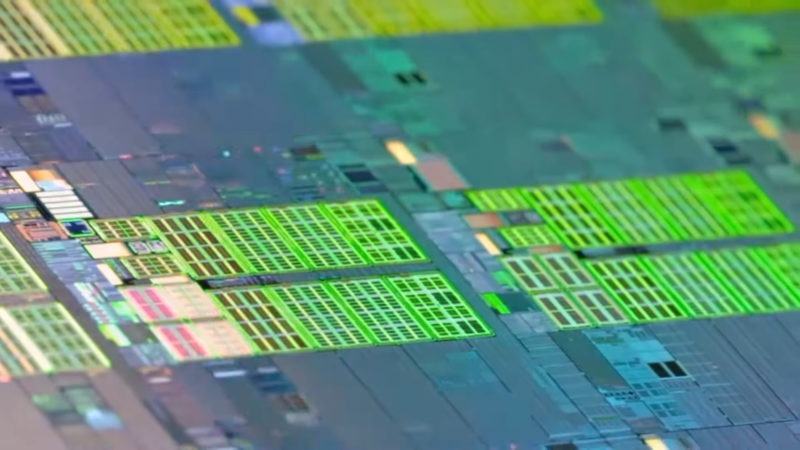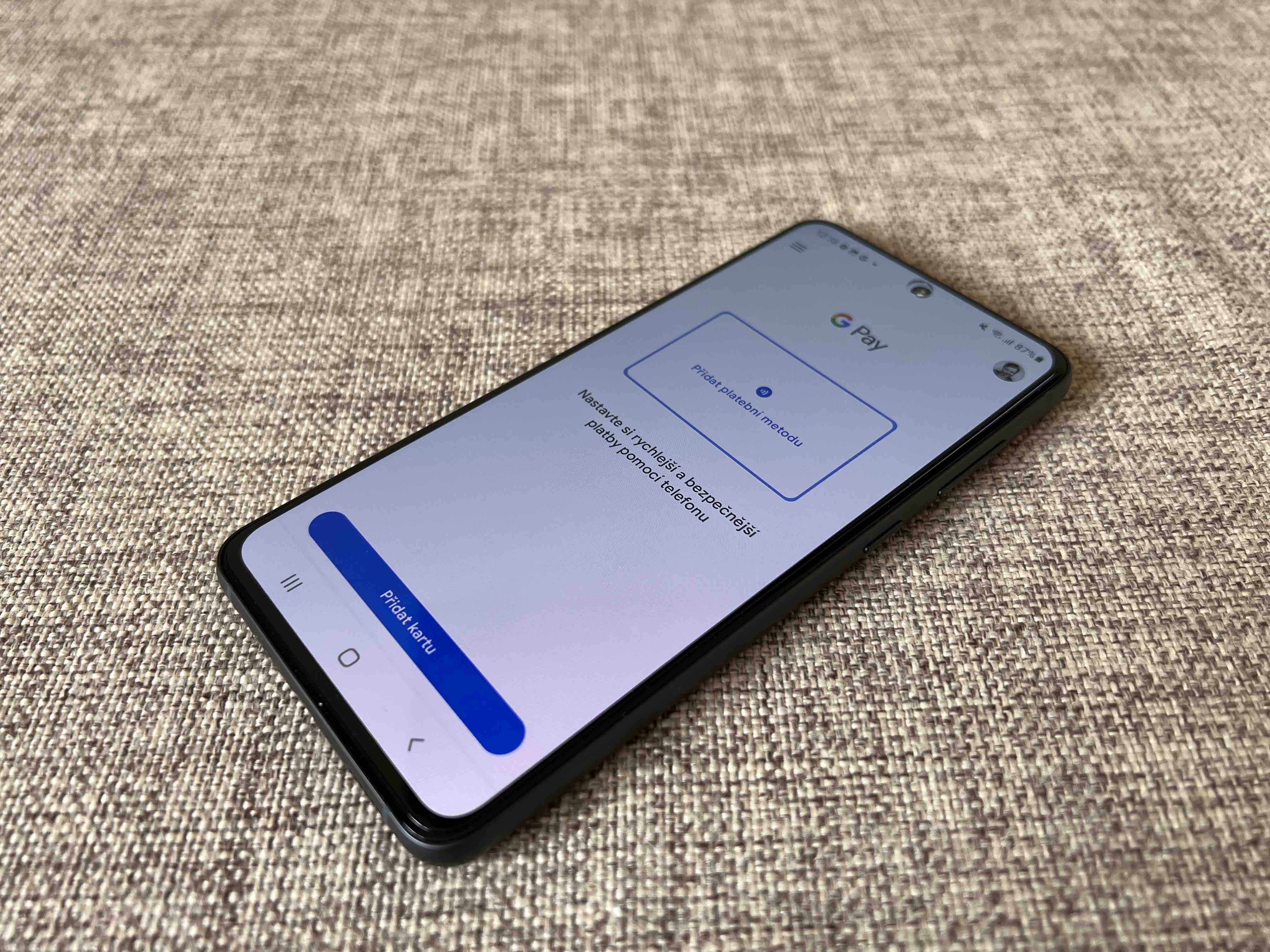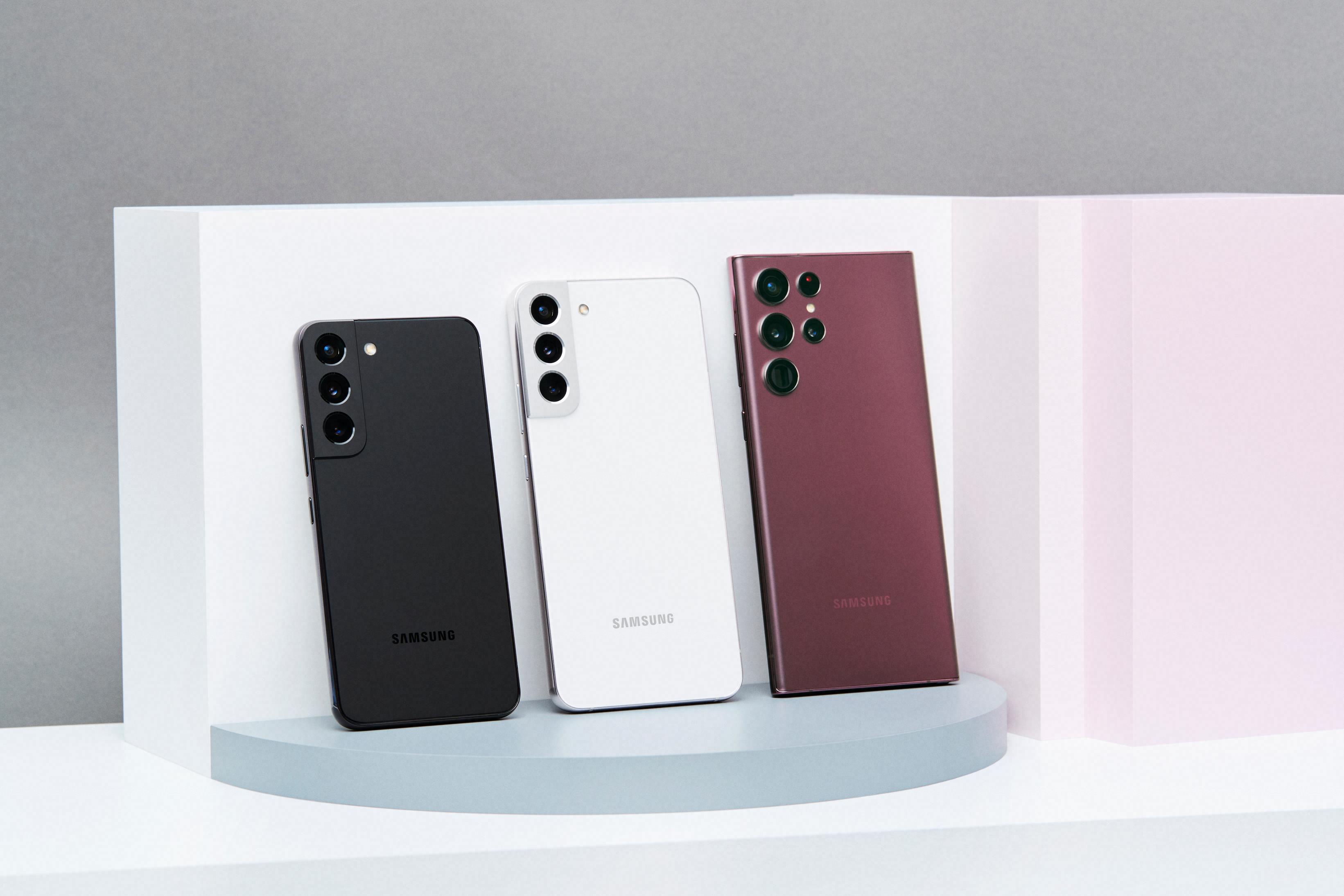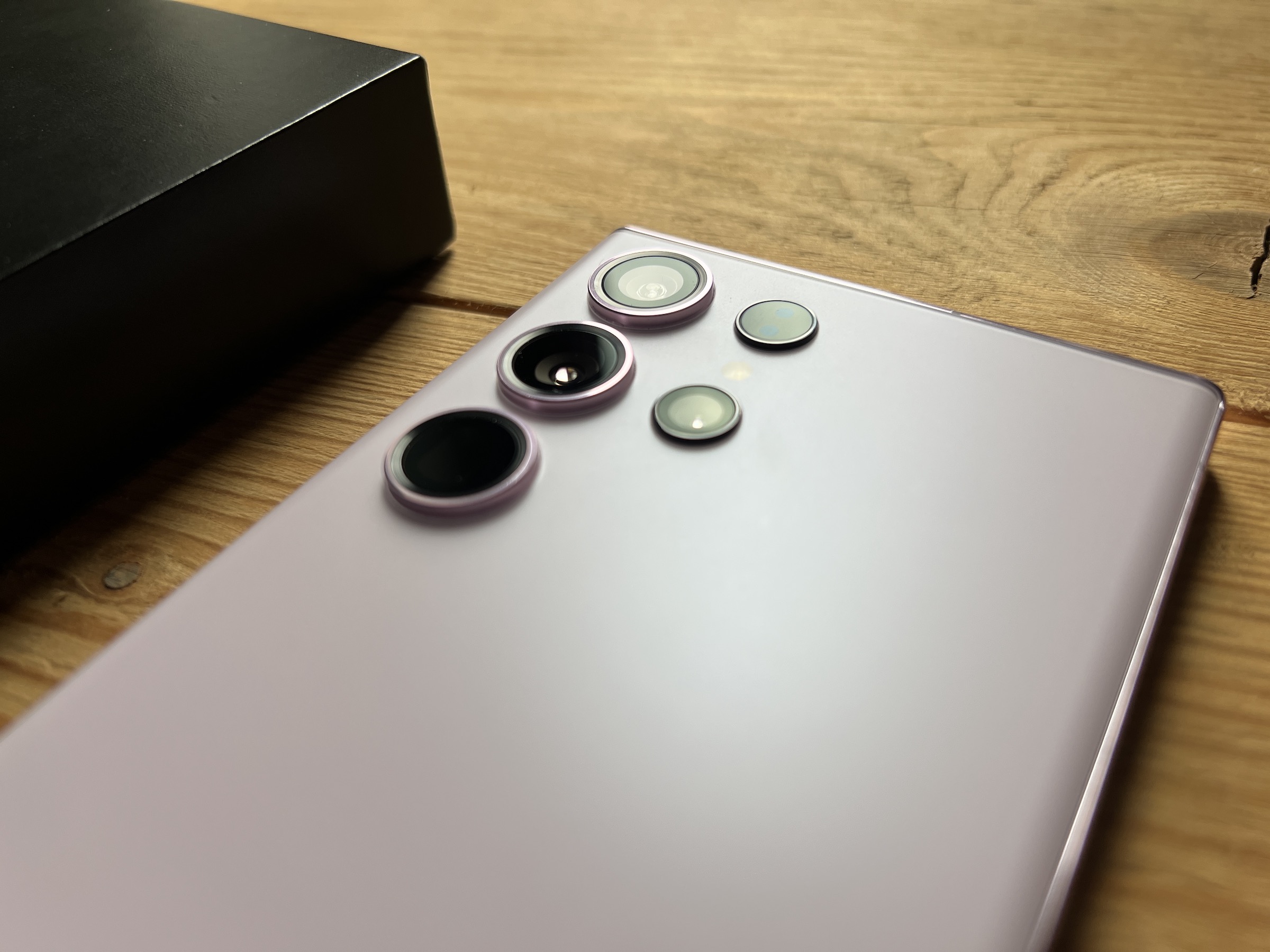As you probably know, the current largest contract manufacturer of semiconductor chips in the world is the Taiwanese company TSMC, while Samsung is a distant second. Intel, which recently spun off its chip-making arm as a separate business, has now announced a goal to overtake Samsung's foundry division Samsung Foundry to become the world's second-largest chipmaker by 2030.
In the past, Intel made chips only for itself, but last year it decided to make them for others, even though it has been struggling to produce 10nm and 7nm chips for years. Last year, its foundry division Intel Foundry Services (IFS) announced that it would invest $20 billion (about CZK 473 billion) to expand chip production in Arizona, and $70 billion globally (roughly CZK 1,6 trillion). However, these figures are nowhere near the plans of Samsung and TSMC, which intend to invest hundreds of billions of dollars in this area.
"Our ambition is to become the second largest foundry in the world by the end of this decade and we expect to generate some of the highest margins," outlined the plans of the IFS its chief Randhir Thakur. In addition, Intel recently announced that it is buying the Israeli foundry company Tower Semiconductor, which has its factory in Japan.
Intel has bold plans, but it will be very difficult for it to overtake Samsung. According to the latest report of the marketing research company TrendForce, it did not even make it into the top ten largest chip manufacturers in terms of sales. The market is clearly dominated by TSMC with a share of around 54%, while Samsung has a share of 16%. Third in the order is UMC with a share of 7%. Intel's aforementioned acquisition Tower Semiconductor holds a 1,3% stake. Together, the two companies would rank seventh or eighth, still a long way from second place Samsung.
You could be interested in

Intel also has an ambitious plan regarding the manufacturing process of its chips – by 2025, it wants to start manufacturing chips using the 1,8nm process (referred to as Intel 18A). At that time, Samsung and TSMC should start production of 2nm chips. Even if the processor giant has already secured orders from companies such as MediaTek or Qualcomm, it still has a long way to go before acquiring large clients such as AMD, Nvidia or Apple for their most advanced chips.

